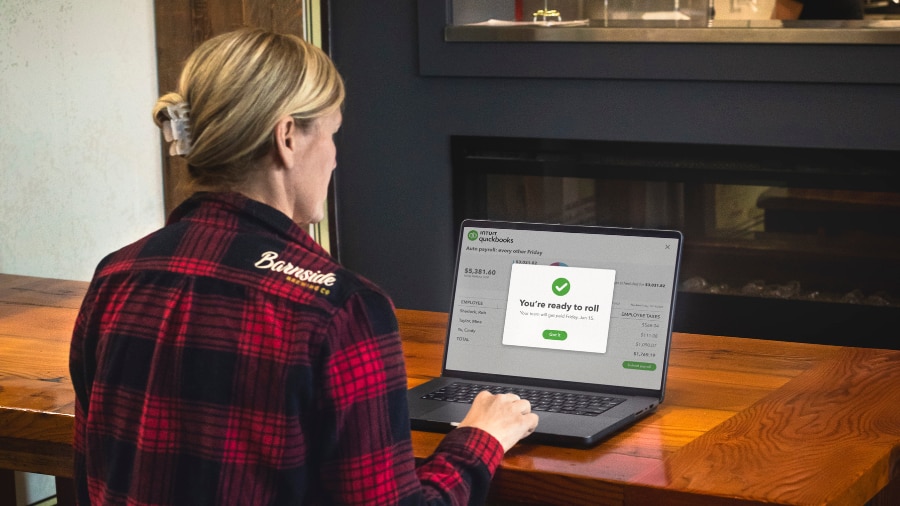Payroll fraud is when there is a theft of funds from a business via the payroll processing system. This crime is committed by an employee or employer who is abusing the workplace payroll system to take money they are not entitled to,and in the case of employers, it’s when they are withholding payment of rightfully earned wages or taxes due on those wages. There are several methods whereby people can steal funds they are not entitled to – which we will discuss further down in the article.
Recurring identifiers for payroll fraud are as follows:
- Getting an email for a payroll you never submitted
- Seeing flaws or modifications to your payroll that you did not perform, such as employee status changes
- When an employee receives untimely or extra money in their paycheque and/or payroll transactions labeled “extra deposit”
- If employees share an address or bank accounts this could be a sign of fraud if they are not related.
- A potential red flag is when an employee never takes their paid time off. This could indicate an unwillingness to leave for fear the fraud will be discovered by someone covering for them.




